War graves: First World War archive goes online
Families will now find it easier to find details of relatives who died in the two world wars
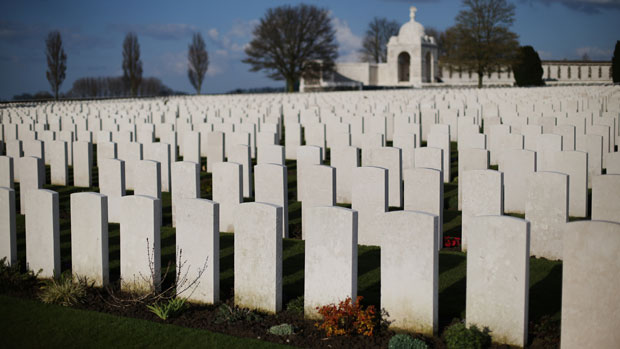
A free daily email with the biggest news stories of the day – and the best features from TheWeek.com
You are now subscribed
Your newsletter sign-up was successful
The Commonwealth War Graves Commission, has completed a five-year project to digitise more than 300,000 documents relating to those who died in the two world wars.
Updated online archives, launched yesterday to coincide with the centenary of the First World War, will make it easier for people to find information about family members and loved ones who died during the two world wars.
"The documents are a window into the past, and the incredible work carried out after the First World War to ensure those who died would be not be forgotten," the commission's archivist and records manager Andrew Fetherson told The Scotsman.
The Week
Escape your echo chamber. Get the facts behind the news, plus analysis from multiple perspectives.

Sign up for The Week's Free Newsletters
From our morning news briefing to a weekly Good News Newsletter, get the best of The Week delivered directly to your inbox.
From our morning news briefing to a weekly Good News Newsletter, get the best of The Week delivered directly to your inbox.
Unlike other websites, the Commonwealth War Graves Commission does not charge users for accessing the information.
The organistation has also launched a new microsite, Discover 14-18, which will help people locate and visit the memorial sites more easily.
Whose names are listed?
The extensive archives include the details of the 1.7 million men and women from Commonwealth forces who lost their lives in both world wars. Information on the 67,000 civilians who died as a result of enemy action during the Second World War is also available.
A free daily email with the biggest news stories of the day – and the best features from TheWeek.com
What information can you use to search?
People can search for information using a surname, date, war, rank, regiment, awards, service number, or any combination of those criteria.
What will the results include?
Users will be able to discover where the person was buried or commemorated, details of personal headstone inscriptions, date of death and some documents may even reveal details of their final journey to the grave and details of their next-of-kin.
"It is this direct link back to a muddy field or a hastily dug grave, in any one of the hundreds of different battlefields and theatres of war that made up the First World War that imbue these records with meaning, authenticity and a sense of history", Fetherson said.
-
 What are the best investments for beginners?
What are the best investments for beginners?The Explainer Stocks and ETFs and bonds, oh my
-
 What to know before filing your own taxes for the first time
What to know before filing your own taxes for the first timethe explainer Tackle this financial milestone with confidence
-
 The biggest box office flops of the 21st century
The biggest box office flops of the 21st centuryin depth Unnecessary remakes and turgid, expensive CGI-fests highlight this list of these most notorious box-office losers
-
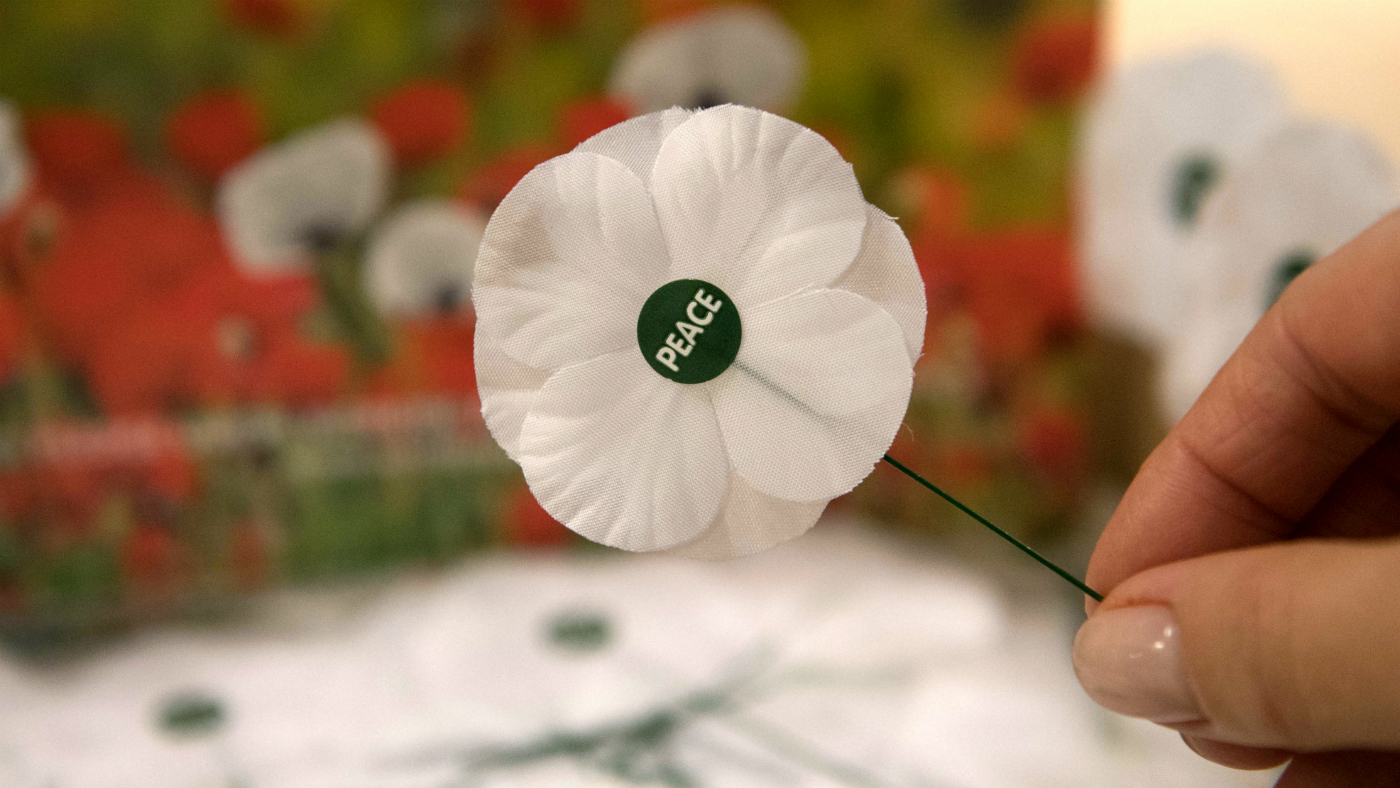 What do the different coloured poppies symbolise?
What do the different coloured poppies symbolise?In Depth Volunteers are distributing millions of poppies in the run up to Remembrance Day
-
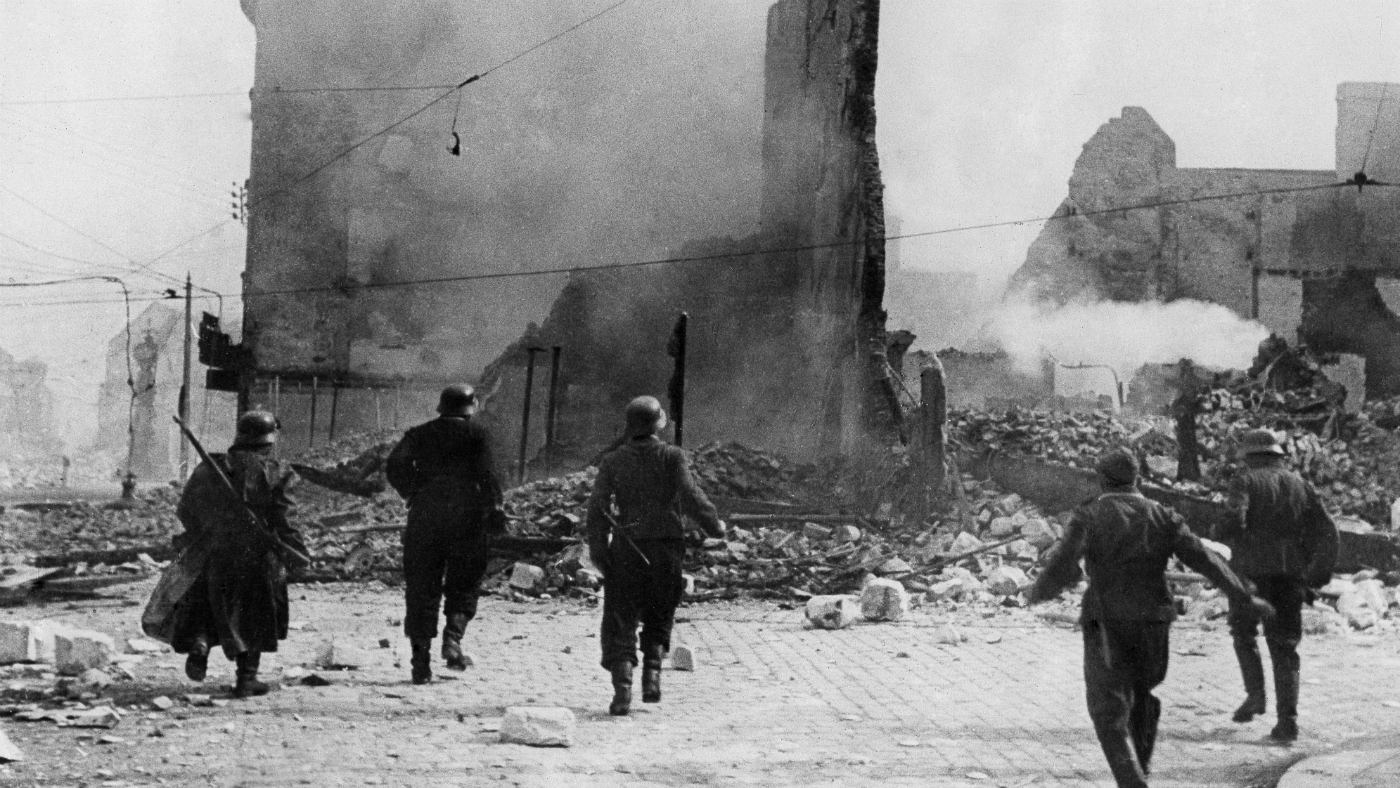 First World War: four things we get wrong
First World War: four things we get wrongIn Depth
-
 What happened at the Battle of Amiens
What happened at the Battle of AmiensIn Depth Theresa May is in France to mark 100th anniversary of one of the most pivotal events of First World War
-
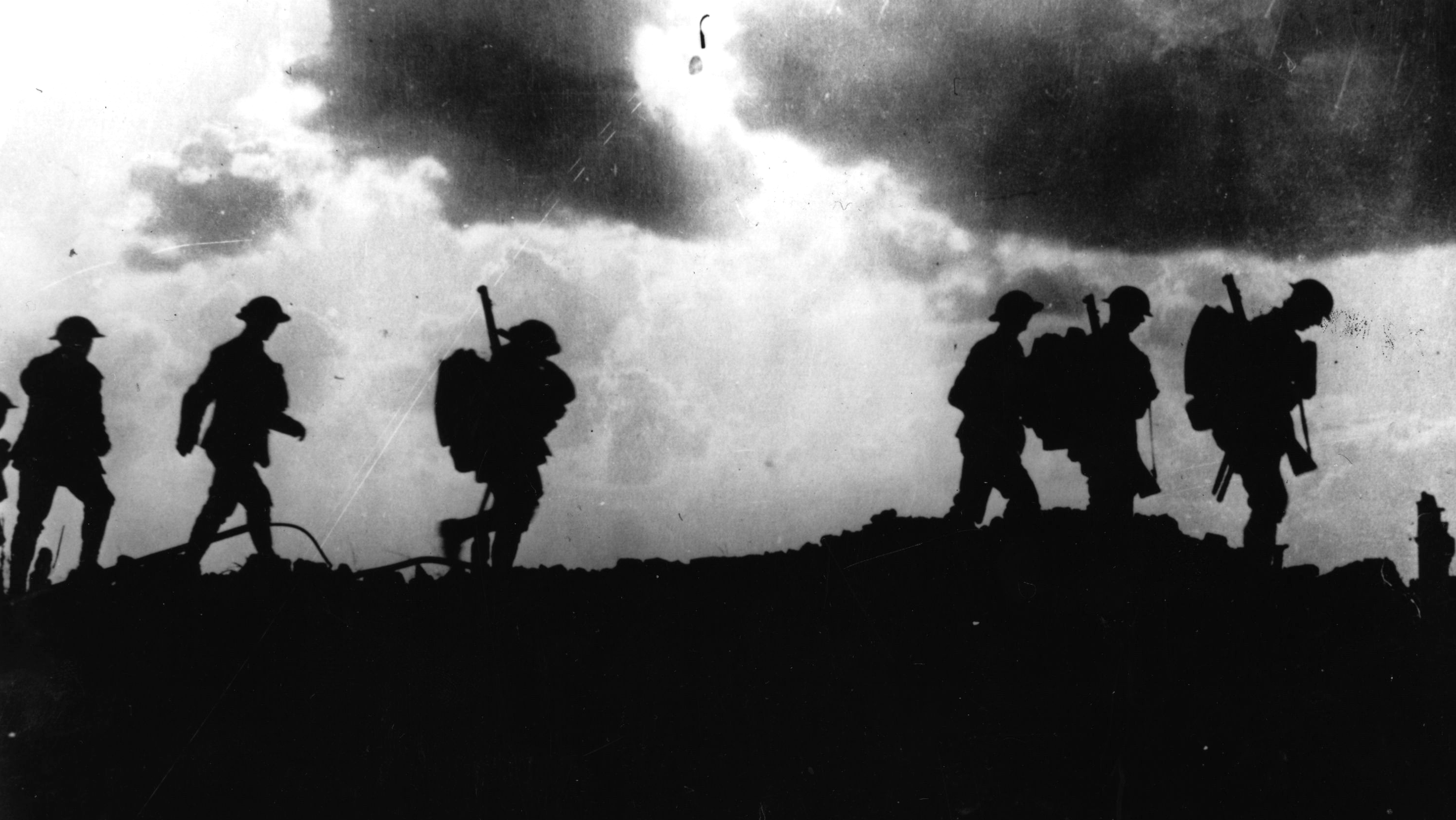 The secret history of the gay soldiers who served in the First World War
The secret history of the gay soldiers who served in the First World WarIn Depth Discrimination and persecution has led to gay soldiers of the Great War being seen as tragic figures, but this was not always the case
-
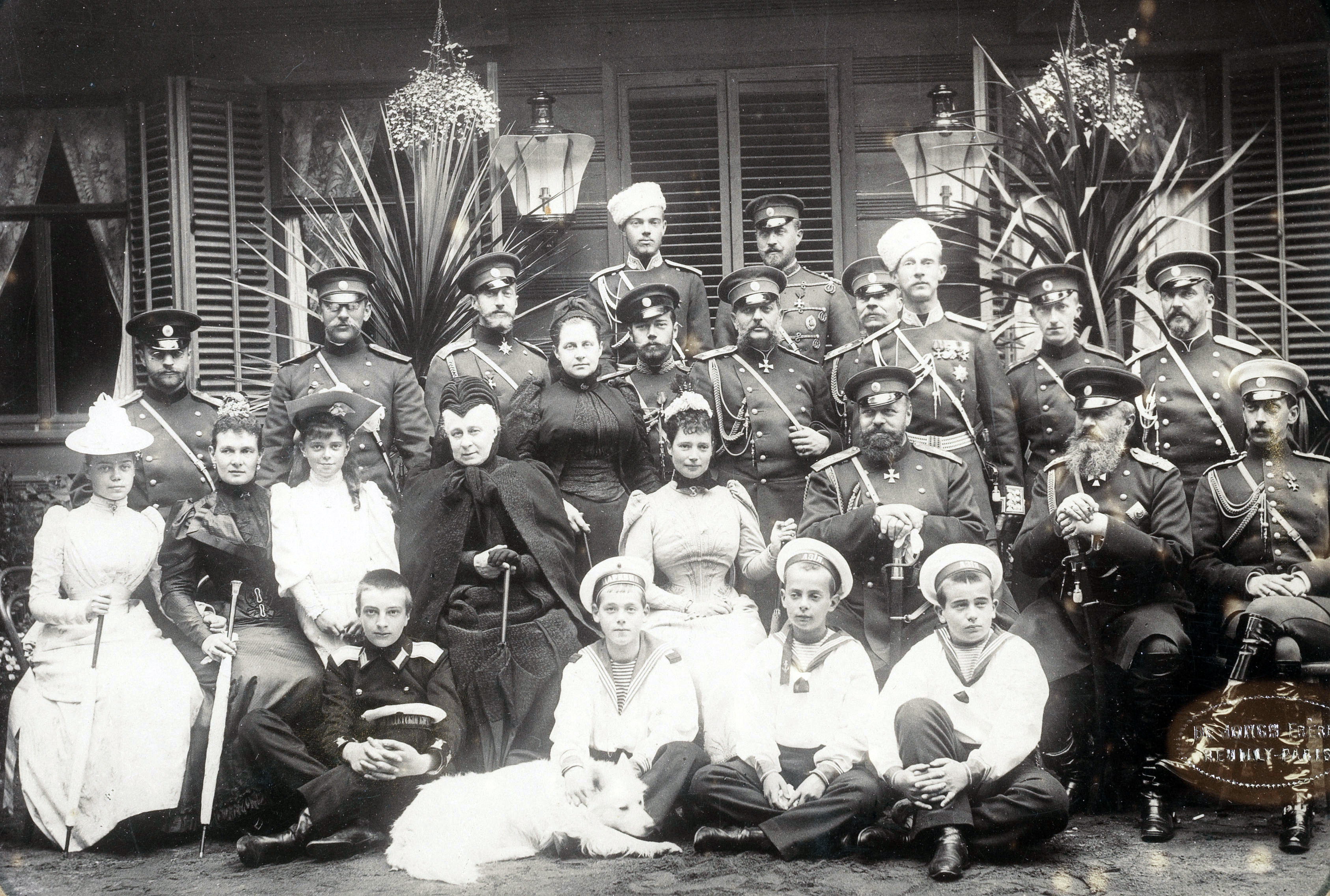 The Romanoffs: how did the Tsar and his family die?
The Romanoffs: how did the Tsar and his family die?In Depth New series about descendants of the Russian royal family comes to Amazon Prime
-
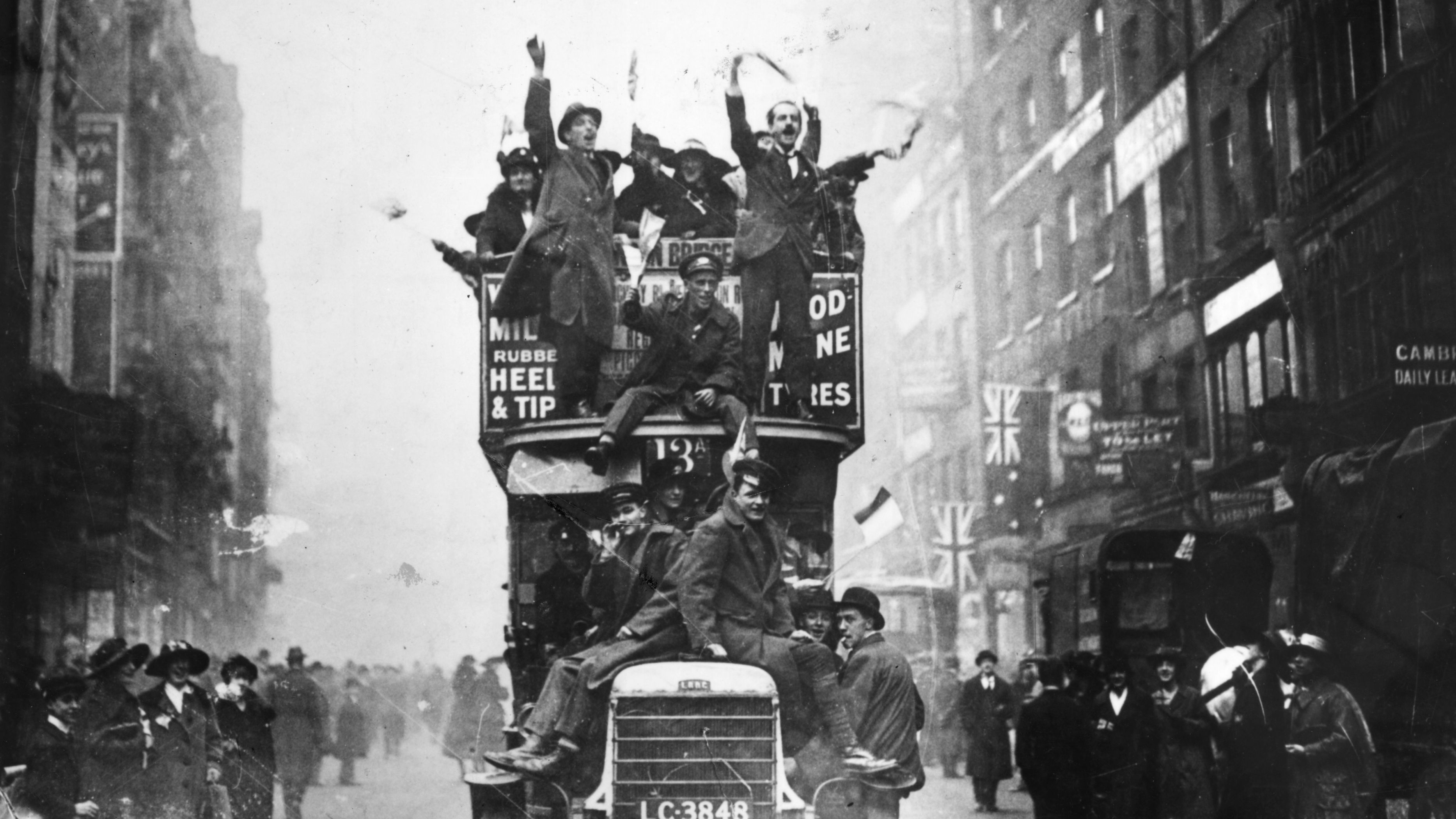 How did World War One end?
How did World War One end?In Depth Duchess of Cornwall marks Armistice Day at Westminster Abbey
-
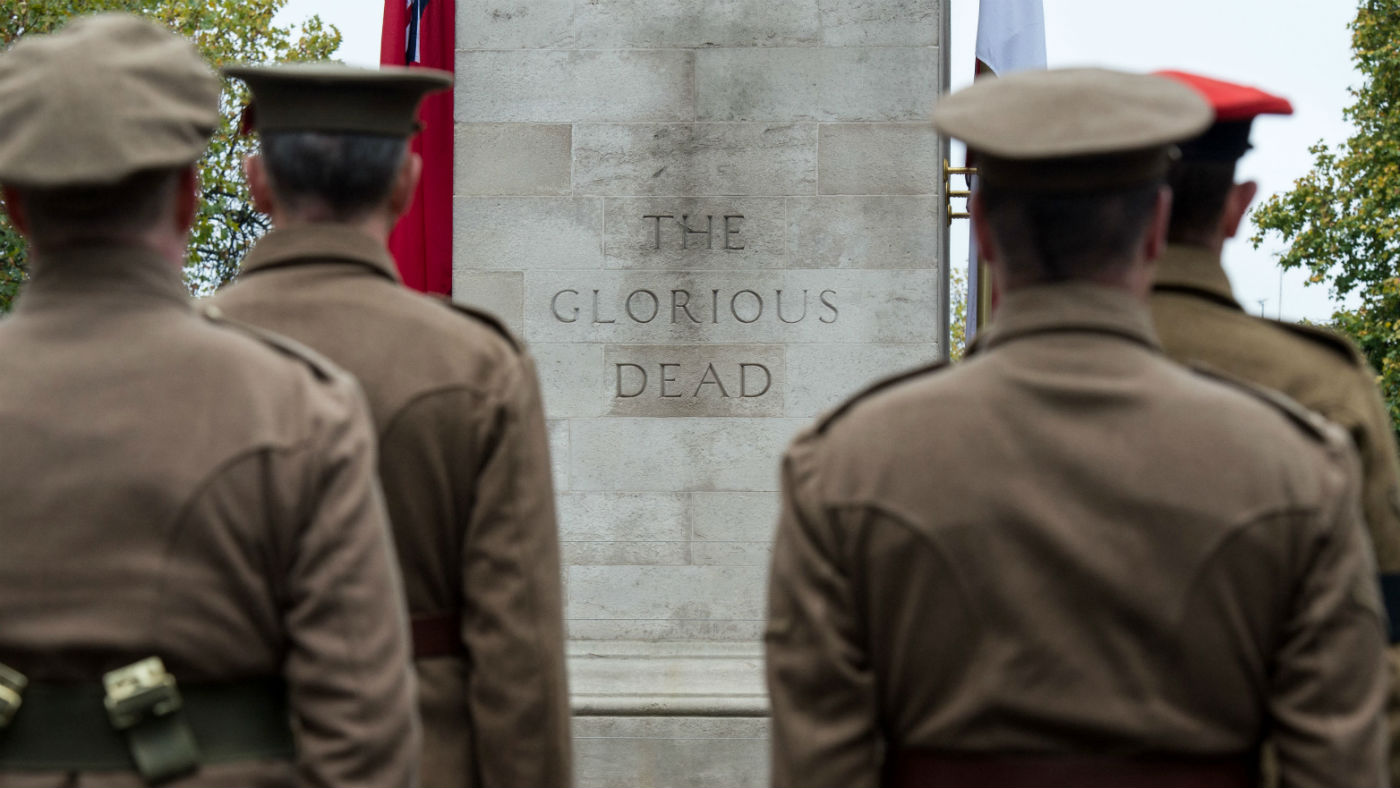 First World War centenary: Armistice events around the UK
First World War centenary: Armistice events around the UKThe Week Recommends A selection of events going on around the country as the UK prepares to commemorate 100 years since the end of World War One
-
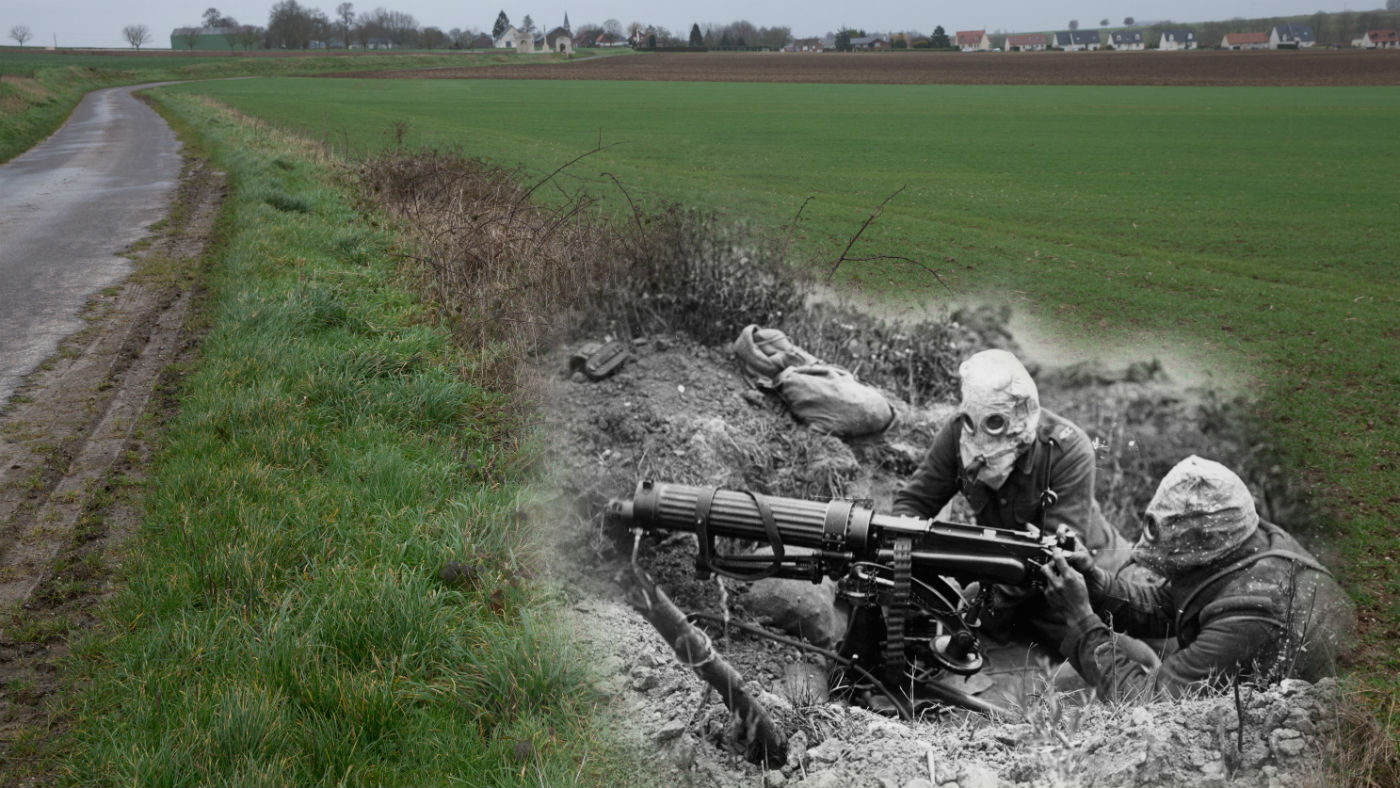 First World War composite photos bring past to life
First World War composite photos bring past to lifeIn Depth Then-and-now images put snapshots of the Great War in a 21st century setting